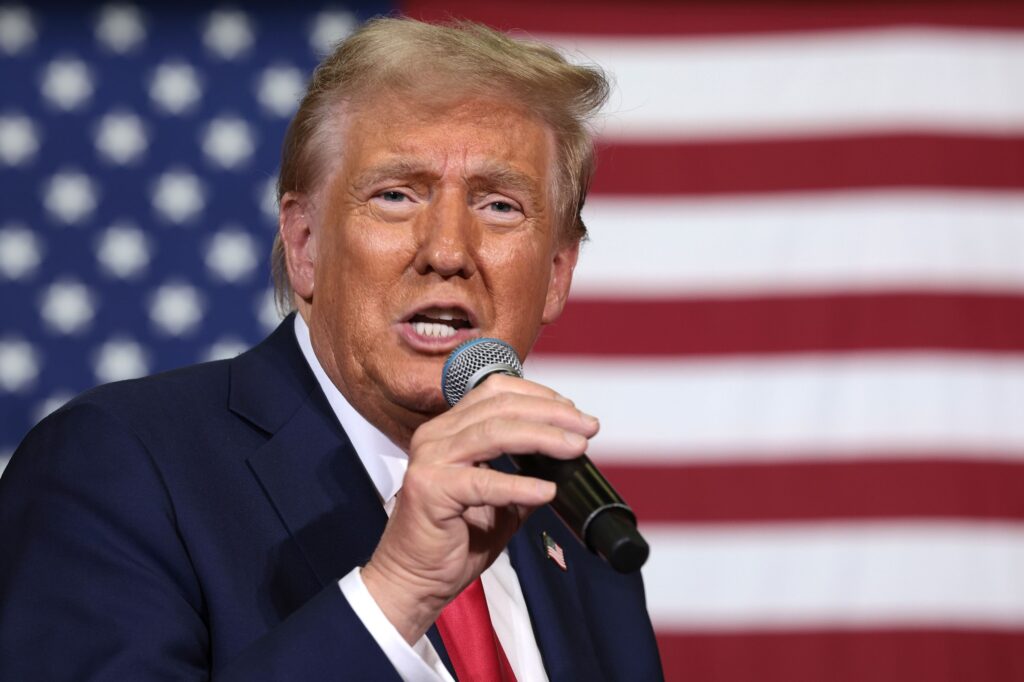FORMER United States president Donald Trump’s election victory marks the beginning of another roller-coaster ride in American foreign policy.
The president-elect is poised to bring back the hallmarks of his first term: a trade war with China; a deep scepticism — even hostility —toward multilateralism; a fondness for strongmen; and an iconoclastic, tweet-from-the-hip style of deal-making diplomacy.
Trump’s advisors have said his “peace through strength” approach is what the country needs in this precarious moment.
This second term will bring new challenges, though, not least the two wars in the Middle East and Ukraine, that the United States is deeply involved in.
Trump has promised to end the war in Ukraine before he even takes office, but he has yet to offer any detailed plan; his plans for bringing peace to the Middle East are equally vague.
As Trump’s first term showed, his own whims often contrast with his advisors’ agenda; this time around, he may have a tighter grip on the wheel as a second-time president likely staffed by a more loyal circle of advisors.
On China policy, to some extent President Joe Biden will just be passing the baton back to Trump.
The current administration inherited much of the first Trump term’s harsher approach to China, and a second Trump term is likely to continue identifying China as the United States’ top national security challenge.
But on specific issues — and certainly overall style — a second Trump term will bring significant changes. As with his first term, Trump has set his sights first and foremost on trade.
Trump told the Wall Street Journal in an October interview that “tariff” is “the most beautiful word in the dictionary,” and his clearest priority when it comes to China is relaunching the trade war that he began in 2018.
Trump’s campaign website calls for cutting the US reliance on China for all essential goods. But that’s just the beginning.
Biden maintained Trump’s original tariffs and added some additional ones; Trump is poised to go much further. With promised tariffs of at least 60 percent on all imports from China, Trump would get closer to the full decoupling of the world’s two largest economies espoused by some of his closest advisors.
Such a move would worsen the already tense bilateral relationship and cost American households thousands of dollars a year and US exporters one of their biggest markets.
But the knock-on effects of an aggressive trade policy toward China would also end up weakening other potential US friends and allies.
China still depends overwhelmingly on exports to drive its growth, and measures designed to weaken that main motor of growth, such as Trump’s tariffs, would also weaken Chinese demand for manufacturing inputs, including energy and minerals.
That would be bad news for US neighbours such as Mexico, US ally Australia (a big exporter of iron ore and coal), and US frenemy Saudi Arabia, a big source of China’s crude oil.
Beyond trade, Trump’s biggest point of departure from the Biden administration may be on Taiwan. During his campaign, he repeatedly cast doubt on the future extent of US support, applying the same transactional approach he has taken with many countries to the island.
Which voices ultimately hold sway in Trump’s cabinet will also influence his administration’s China policy. But his own personal relationships will surely shape policy as well. The president-elect has repeatedly expressed admiration for Xi. — Foreign Policy
